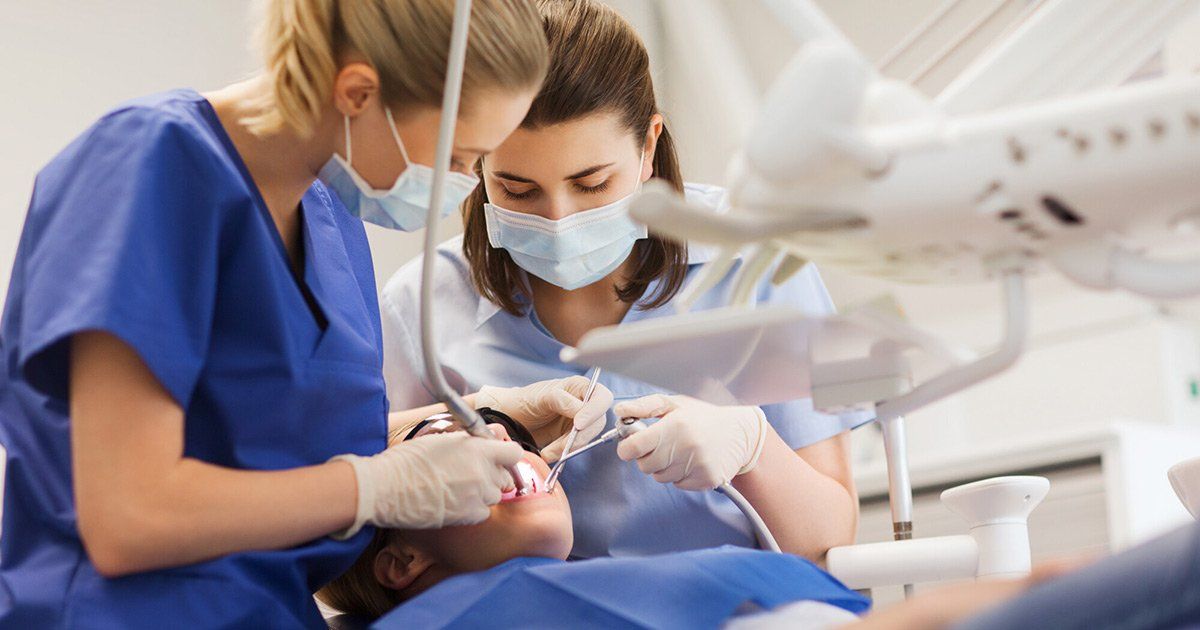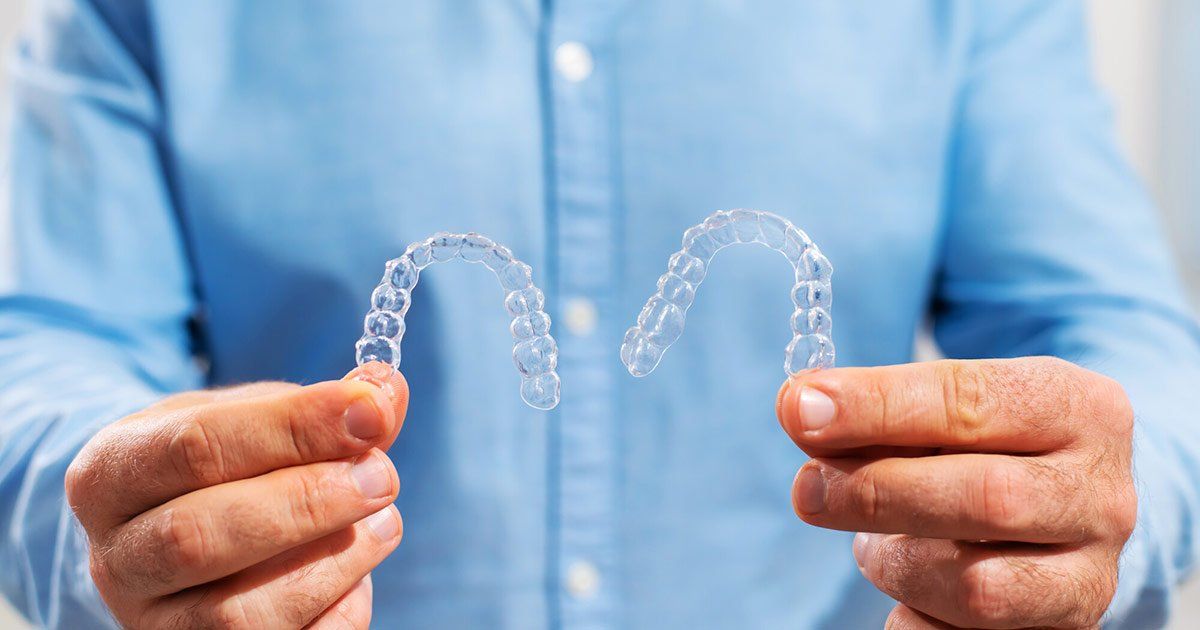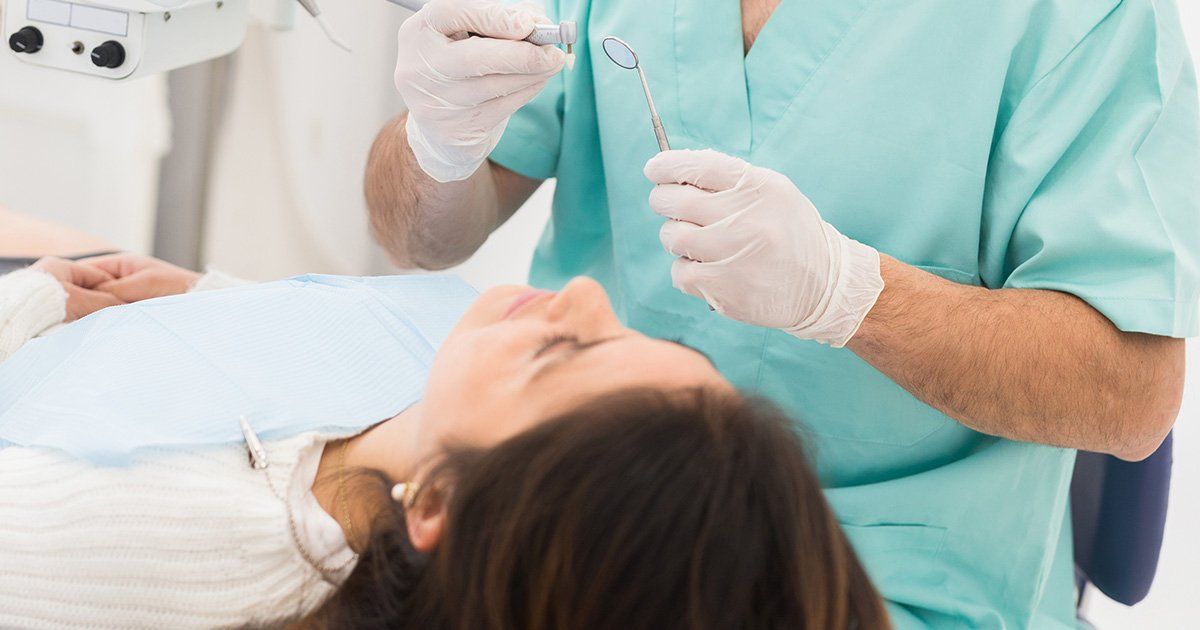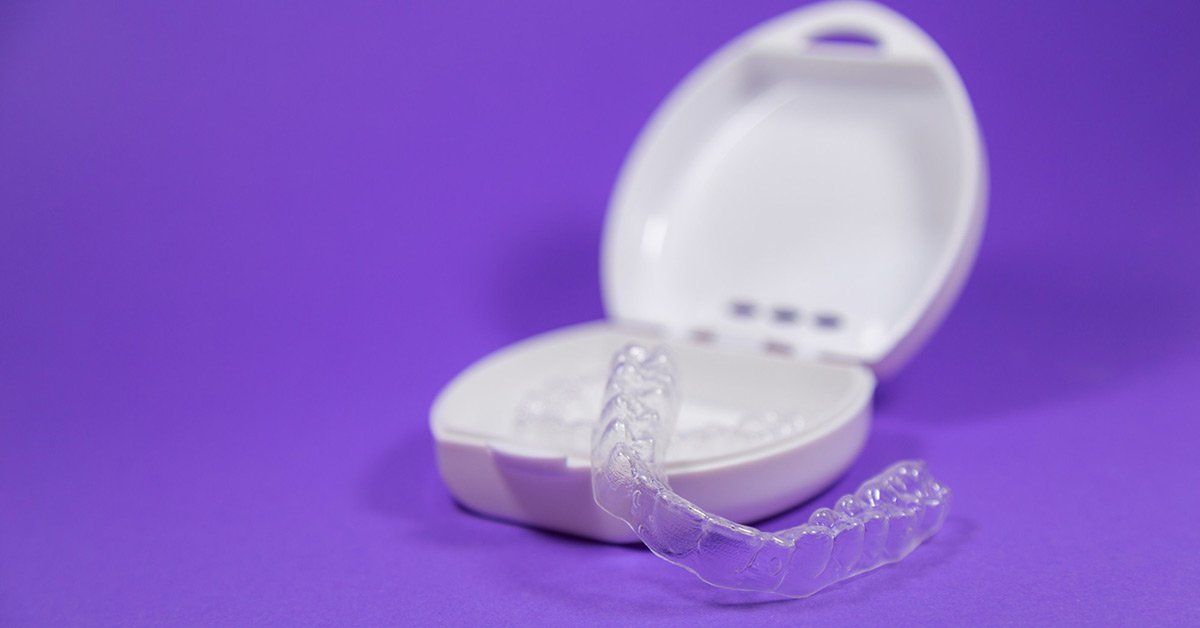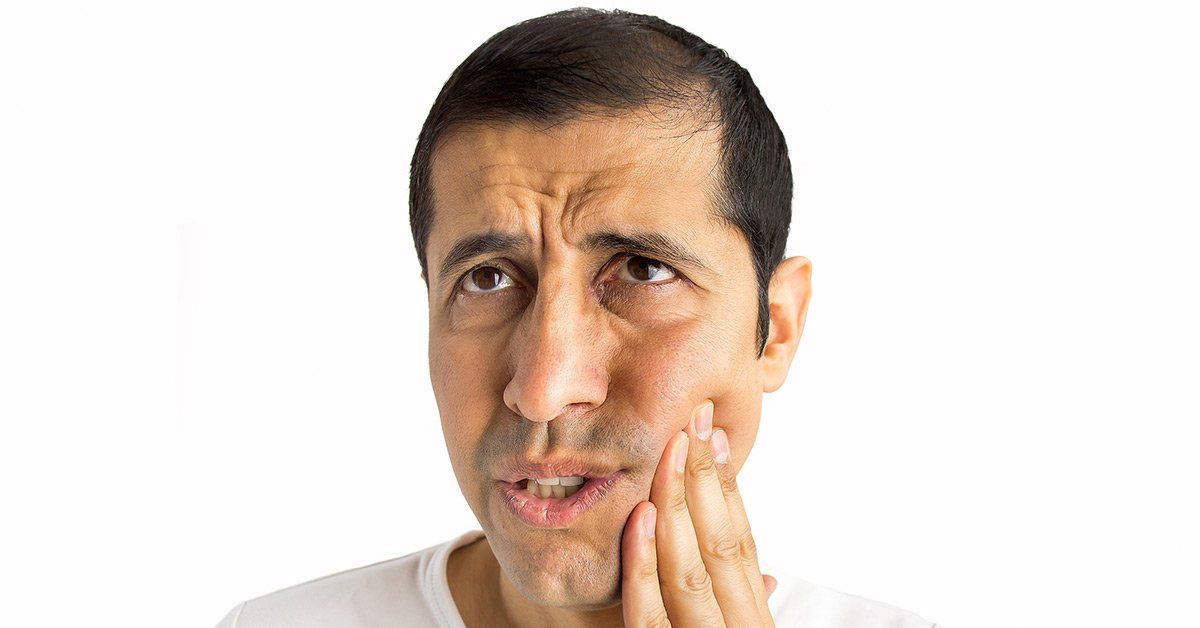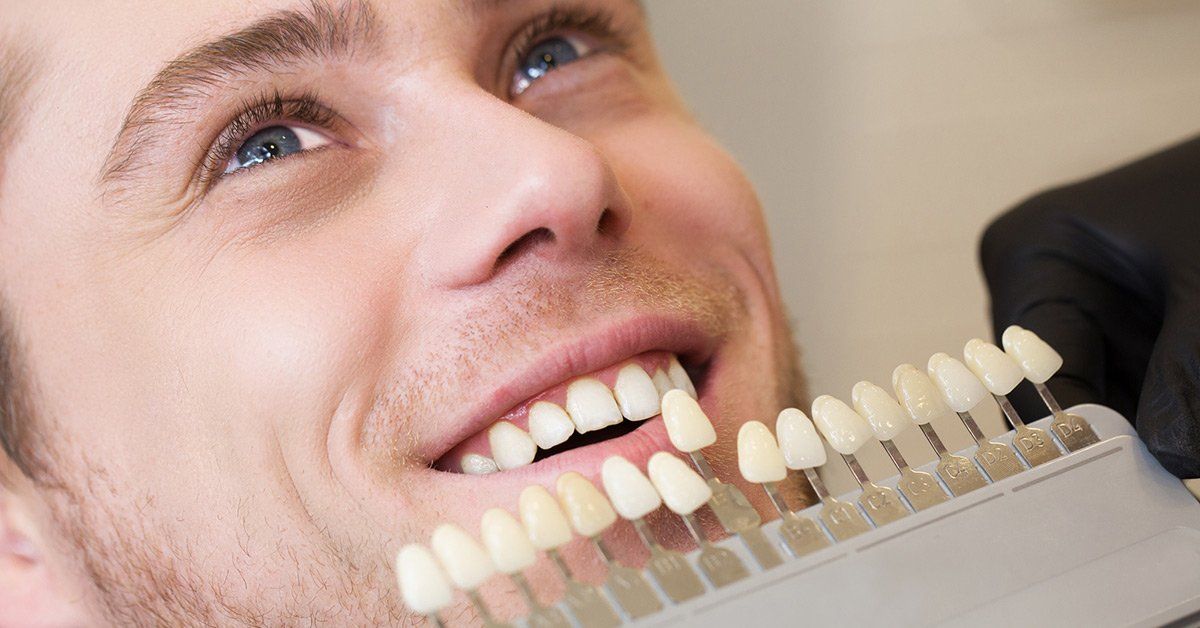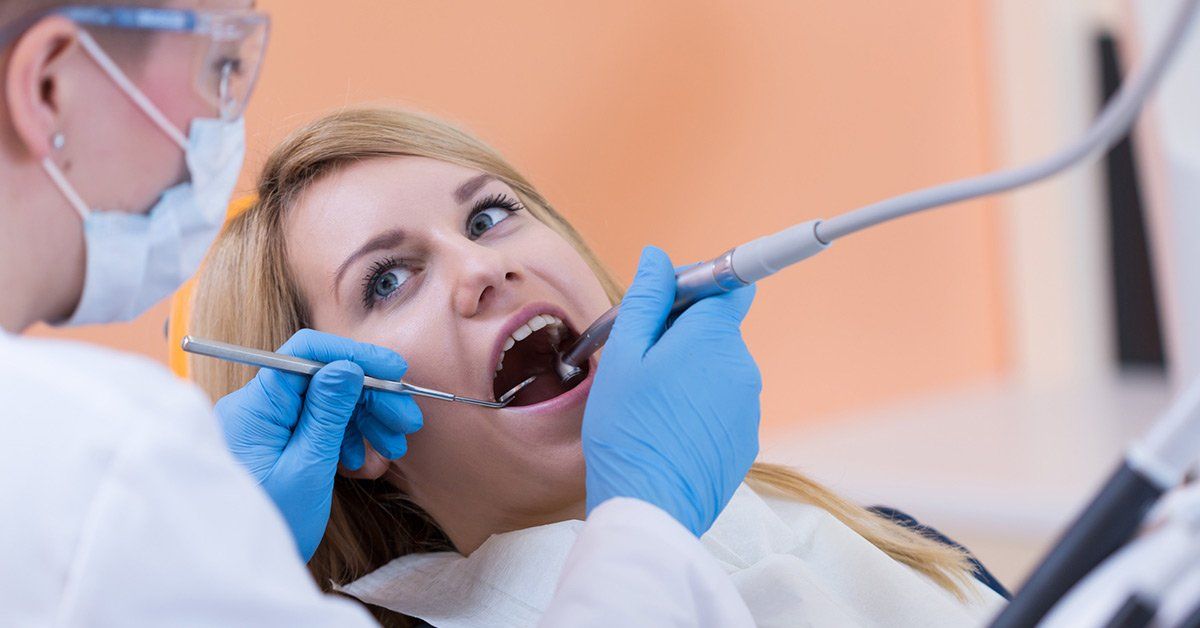How to Treat Sleep Apnea
Are you suffering from sleep apnea? Read about treatment options, find out what will work best for you, and speak with a dentist in Columbia, IL today!
Sleep apnea is one of the most prevalent sleep disorders in America, with nearly 1 out of every 5 adults suffering from it. This condition is linked to various health problems such as heart disease, hypertension, and even cognitive impairment.
The constant stopping and starting of your breath as you sleep can leave you feeling exhausted, even after a full night of sleep.
If you think you may be suffering from sleep apnea, there is hope in helping you breathe easy again. Rather than searching 'dentist in Columbia, IL' as a starting point, this article will explore what sleep apnea is and what treatment options dentists provide for this common disorder.
What Is Sleep Apnea?
Sleep apnea is a condition in which a person's regular breathing cycle is negatively affected during sleeping hours. These atypical lapses in breathing come with a variety of symptoms, such as brain fog, dry mouth, and fatigue.
Those who suffer from this disorder experience extended pauses in their breathing as they sleep. These lapses in breath not only result in lower sleep quality but also affect the oxygen supply to the body.
Symptoms of sleep apnea may include:
- Daytime fatigue
- Waking with dry mouth
- Difficulty concentrating
- Irritability
- Excessive snoring
- Headaches
- Night sweats
- Sudden waking with a gasping sensation
Symptoms will differ for everyone and can change depending on age.
Types of Sleep Apnea
There are two main types of sleep apnea: obstructive sleep apnea and central sleep apnea. Of the two, obstructive is generally the more common form.
This form reduces the flow of oxygen during sleep when either complete or partial blockage of the airway occurs. This happens as a result of the diaphragm and chest muscles working overtime to get breath flowing through the airway.
Central apnea differs in that the body's airway does not become blocked. Rather, instability in the respiratory system's control center results in the brain failing to signal muscles to continue breathing.
Why Is Proper Breathing So Important?
You may be wondering what exactly happens when your airway becomes blocked and you stop breathing. Significant long-term side effects can happen as a result of untreated apnea.
When breathing gets interrupted, heart rates tend to drop the longer oxygen is withheld from the body. When the body eventually startles awake, heart rate shoots up, and blood pressure rises.
This is important as a chronic rise in blood pressure leads to the thickening of the walls of the heart. This eventually leads to reduced functioning of the heart, making it less efficient at doing what it does best: pumping blood through the body.
What Causes Sleep Apnea?
So, what exactly causes these blockages? It should be noted that sleep apnea can affect anyone. Obstructive sleep apnea generally happens when certain tissue located in the throat collapses, thus leading to a blocked airway.
The causes of such a blockage may include:
- Obesity
- Alcohol use
- Family history
- Back sleeping
- Size and position of the neck
- Abnormalities with hormones
- Sedative medications
- Congestion
When it comes to central sleep apnea, affected breathing is generally connected to an underlying medical condition. Examples may include a stroke or a tumor in the brain. Problems then arise in how the brain would typically talk to the muscles responsible for breathing.
Treatment for Restful Sleep
One area of medicine that is helpful for treating sleep apnea is dentistry. Dentists practice an area of dental medicine that focuses on treating sleep-disordered breathing via oral appliances.
Your dentist will typically examine you and will then administer oral appliance therapy in order to help keep your airway open.
What does oral appliance therapy involve? To start, it involves wearing a removable mouthpiece much like a sports guard or orthodontic retainer while you're sleeping.
A variety of different types of such mouthpieces exist, but the two main types are mandibular repositioning devices or splints and tongue retaining devices.
Treatment Devices
Mandibular devices work by repositioning your jaw. The repositioning happens by bringing the lower half of your jaw forward as well as downward while you sleep. This helps to keep your airway open and primed for proper breathing while you sleep.
The second treatment device is a bit more straightforward as it holds your tongue in place. This is done so that your airway does not become blocked and oxygen can continue flooding through your body as needed.
Depending on your situation and symptoms, your dentist will be able to determine which device is more appropriate for you.
Sleep Health
The poor sleep health that happens as a result of sleep apnea directly relates to your body's physical health. Proper sleep is highly important. When it becomes affected by something like chronic apnea, negative side effects can occur.
Once proper sleep health is established, you can begin to experience benefits such as:
- Improved concentration
- Productivity increases
- Physical performance improvements
- Decreases the risk of heart disease
- Decreases inflammation
- Decision making improves
- Improves the body's immune system
Sleep health is considered one of the key components for overall health. While individual needs and hours of sleep will vary per person, correcting sleep apnea is one major way to help support your sleep health.
Looking for a Dentist in Columbia, IL?
If you require a dentist in Columbia, IL, or a dentist in Freeburg, IL, look no further!
Rather than having to scroll through endless search engine results for 'dentist in Columbia, IL,' you can simply visit our contact page here for more information!
At Advanced Dental Care & Orthodontics, we're here to provide a full range of dental services, with sleep apnea treatments included. You can breathe easy knowing our team is here to provide the best dental care for your needs.
